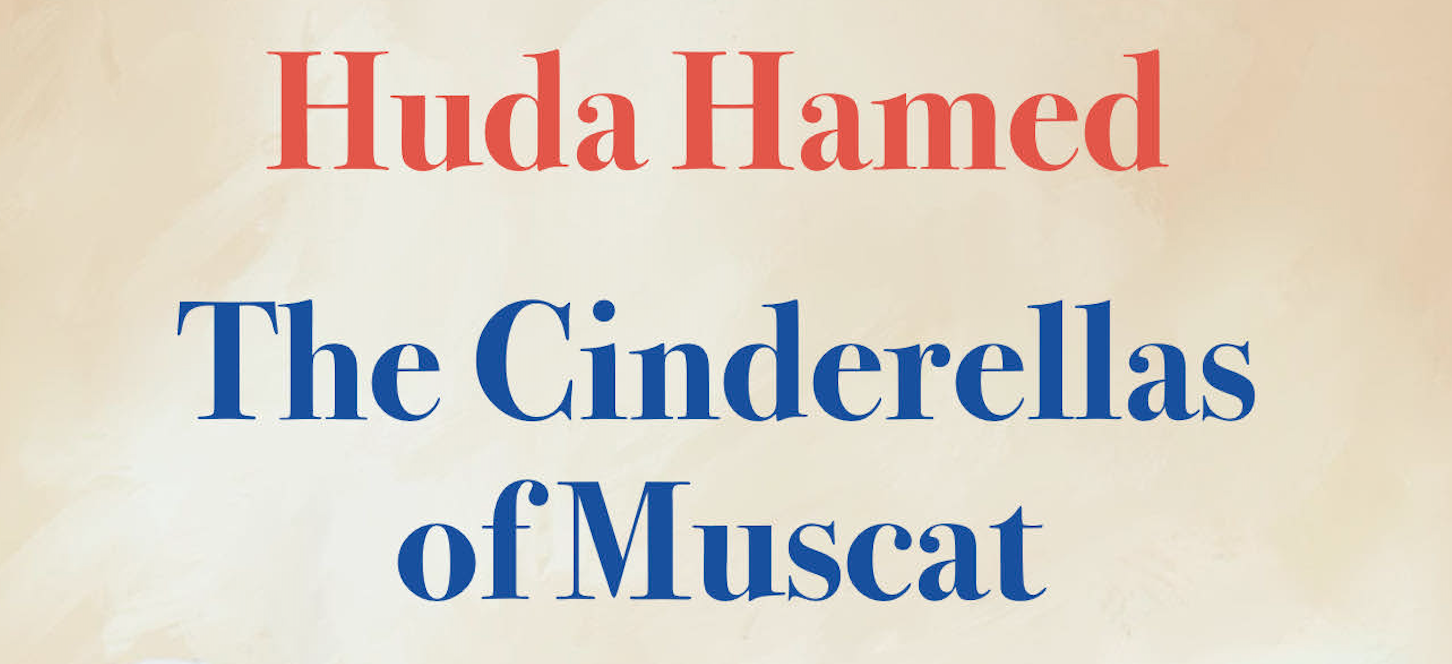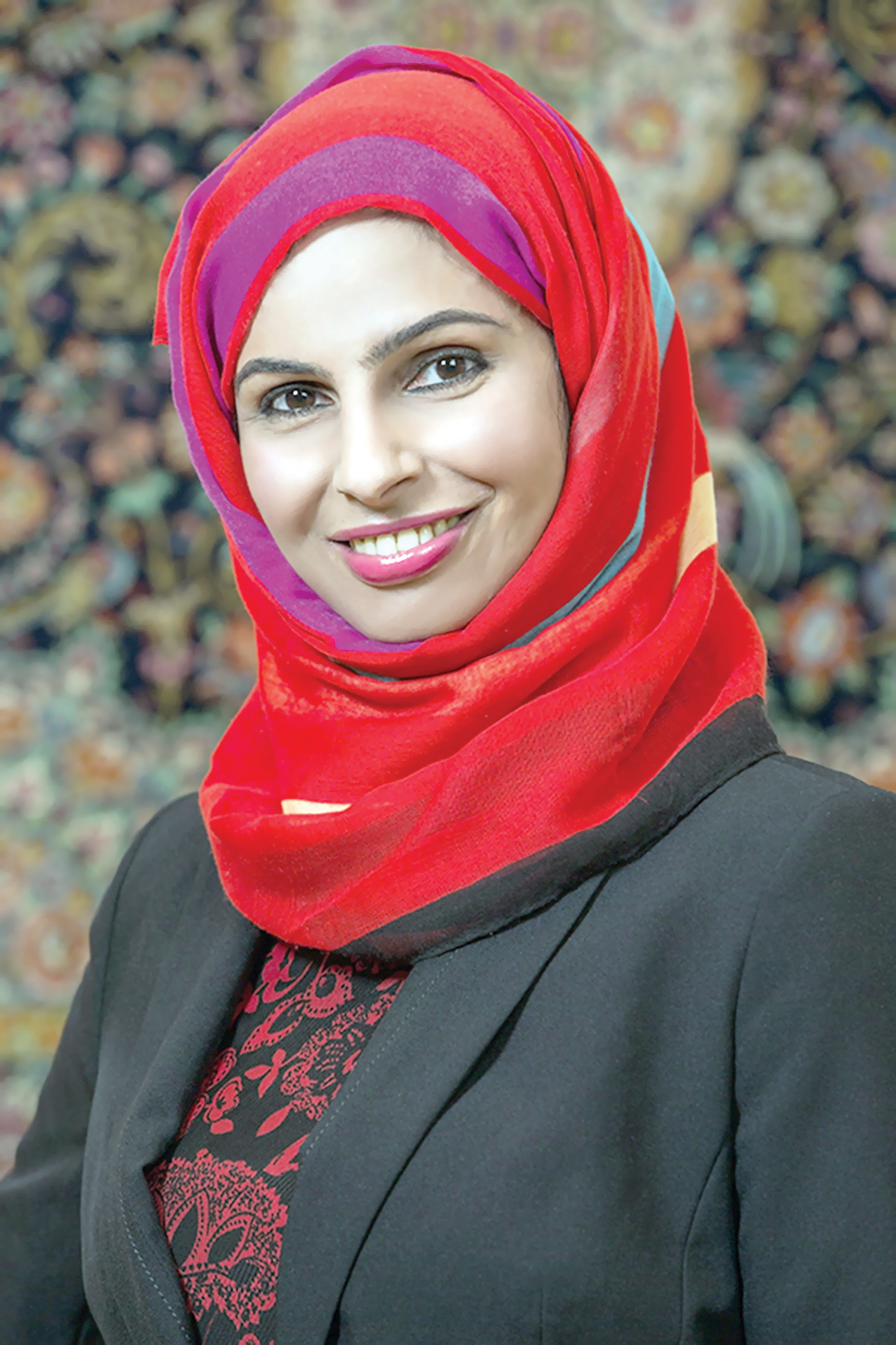Receive Our Newsletter
For news of readings, events and new titles.
eISBN: 978-1-913043-46-9
FORTHCOMING
Publication May 2025
Order the paperback from any bookshop
or directly from Banipal Books via PayPal
Ammar Almamoun:
Huda Hamed posits an alternative within the tradition of oral storytelling and its association with magical worlds.

Translated from the Arabic by Chip Rossetti
Front cover painting by Ghassan Fadhil
During the modernisation of Muscat, its people’s spirits seemed to harden and dry up, and one day the female jinn just disappeared. Where did they go to? Have they died, are they in hiding after losing out to electricity and cement, to air conditioners and televisions? Has life lost its playfulness and joy without the transformational powers of the jinn? Are life’s sweet moments of pleasure and delight no more, now the people are weighed down with daily chores, boring work, and all the routines apparently necessary for modern life?
It seemed so, until Zubayda and seven friends, all mothers and wives overburdened with one thing after another, decide they have to somehow recover the powers of the lost female jinn. Zubayda collects together their vivid stories, revealing secrets until then suppressed, as on one special night every month they transform into Cinderellas and meet together in Chef Ramon’s restaurant on Muscat’s beach front.
In her novel Omani author Huda Hamed confronts the challenges that people, particularly women, face as Muscat's modernisation replaces old ways of living in this enchanting and modern take on the Cinderella tale. A group of women friends become jinn themselves in the guise of Cinderellas. Their individual stories reveal their innermost thoughts, thoughts they don't and can't share with their husbands and other family members or even neighbours. The stories of the Cinderellas unwittingly show the existence of two worlds, the public one with all its social restrictions, societal taboos, which they live with daily, and their own secret, untellable one in which they can break free and speak aloud their true opinions and feelings when they become the jinn Cinderellas.
*
 Photo © Hilal bin Saif Al Badi
Photo © Hilal bin Saif Al Badi
HUDA HAMED has published five novels and five short story collections. Her debut novel Al-Ashia’ Laysat fi Amakiniha (2009, Things are Not in Their Place) received the Sharjah Award for Arab Creativity and Best Omani Novel Award, and was excerpted in Banipal 44, 2012. Her next, Allati Ta’udu al-Salalim (2014, Who Counts the Stairs), was published in translation by Nadine Sinno and William Taggart as I Saw Her in My Dreams (Emerging Voices from the Middle East, Texas University Press 2023). Then came this novel Sandirillat Masqat (2016, The Cinderellas of Muscat), which also has a Persian edition as well as this English one. After this came the novel Assamina (2019, Our Names) and La Yudhakarun fi Maja (2022, They Don’t Speak in Metaphor).
Her short story collections include Namima Maliha (2006, Salty Gossip), Laysa bil-dhabt kama ureed (2009, Not exactly as I Want), and Al-Isharah Bourtuqaliya al-Ann (2013, The Traffic Lights are Amber Now).
Born in Rustaq, Oman, in 1981, Huda Hamed has a degree in Arabic literature (Aleppo University, Syria) and is Managing Editor of Niswa, Oman’s quarterly cultural magazine.
*
CHIP ROSSETTI has translated several works of contemporary Arabic fiction, including the story collections Animals in Our Days by Mohamed Makhzangi and No Windmills in Basra, by Diaa Jubaili, as well as the novels Beirut, Beirut by Sonallah Ibrahim, Utopia by Ahmed Khaled Tawfik, and the graphic novel Metro by Magdy Elshafee. His latest published translation is the novel Rose’s Diaries, by the Emirati novelist Reem al-Kamali, whose Arabic original was shortlisted for the 2022 International Prize for Arabic Fiction.
He works as the Editorial Director for the Library of Arabic Literature bilingual book series at NYU Press and has a PhD on the Iraqi writer Muhammad Khudayyir from the University of Pennsylvania.
His short translations have appeared in the White Review, Asymptote, Banipal and Words Without Borders.